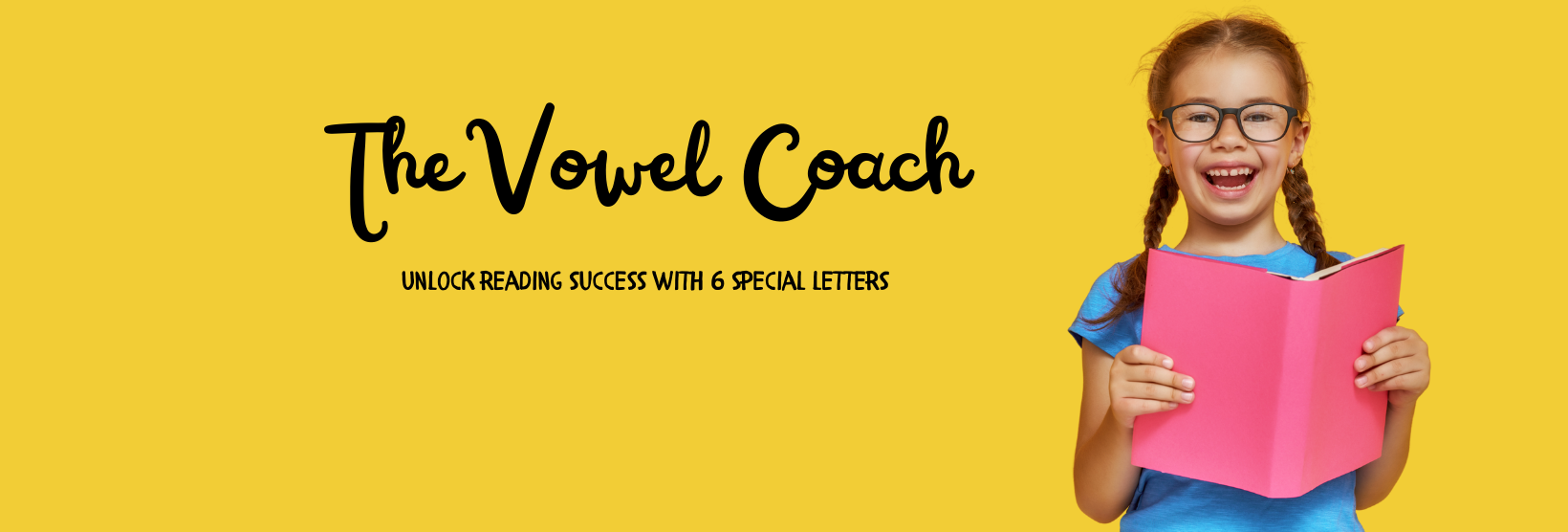The letter E is arguably the most important letter in the English language. It is the most commonly used vowel in spelling, and it preforms several different jobs.
1. Magic E
Magic E makes a vowel say it’s name. The addition of an ‘e’ changes the sound of the vowel, and it changes the meaning of the word.
- cap/cape
- shin/shine
- rod/rode
- cut/cute
2. ‘E’ helps many letters “spell” their names.

- B= bee, bea
- C= see, sea
- D= de, dee, dea
- E= ee, ea
- F= ef, eff
- G= gee, jee
- L= el, ell, elle
- M= em
- N= en
- P= pee, pea
- S= es
- T= tee, tea
- V= ve
- X= ex
- Z= zee, zea
3. Adding an ‘e‘ after the letters ‘c‘ makes ‘c’ say its “soft” sound.
- ace
- face
- ice
- mice
- space
- cent
- celery
- cereal
4. Adding an ‘e‘ after a ‘g‘ makes the ‘g’ say its “soft” sound.
- cage
- edge
- large
- orange
- page
- gel
- gem
- geology
- budget
- pigeon
5. English words very rarely end in the letters i, j, q, u, or v. Adding a vowel E at the end of a word keeps the letters i, j, q, u and v from being the final letter in a word.
-ve
- above
- carve
- drove
- five
- grave
- olive
- sleeve
- twelve
-ie
- die
- lie
- pie,
- Charlie
- smoothie
-ue
- blue
- due
- glue
- true
- Sue
6. Adding a final ‘E’ shows that a word that ends with an /s/ sound is not plural.
- please
- house
- nurse
- mouse
- sense
- nose
7. Every syllable needs at least one vowel. ‘E’ adds a vowel to syllables with the consonant l+e pattern.
- able
- angle
- ankle
- article
- baffle
- bustle
- cycle
- paddle
- title
- whistle
8. Vowel ‘E’ changes the sound of ‘th.’
- bathe
- teethe
- tithe
- leather
- weather
9. ‘Ze’ is used after a long vowel. ‘ZZ’ is used after a short vowel.
prize vs. frizz
maze vs. jazz
squeeze vs. buzz
10. ‘E’ changes the meaning of a word.
- by-bye,
- bear, bare
- sea, see
- bail, bale
- mail, male
